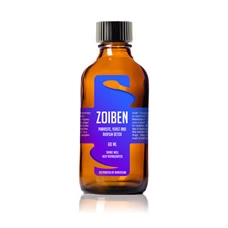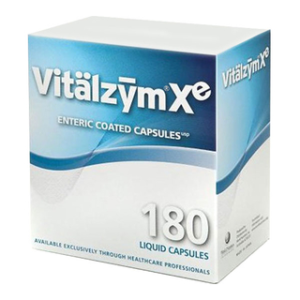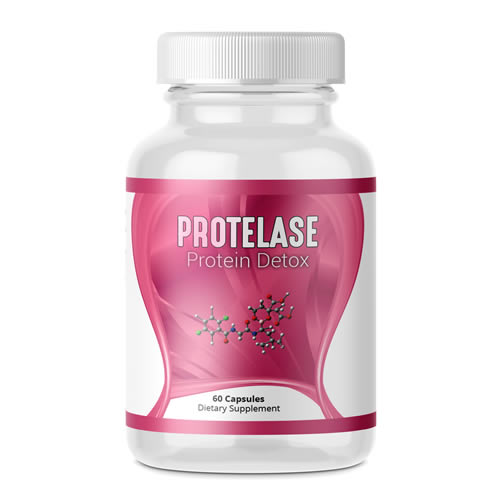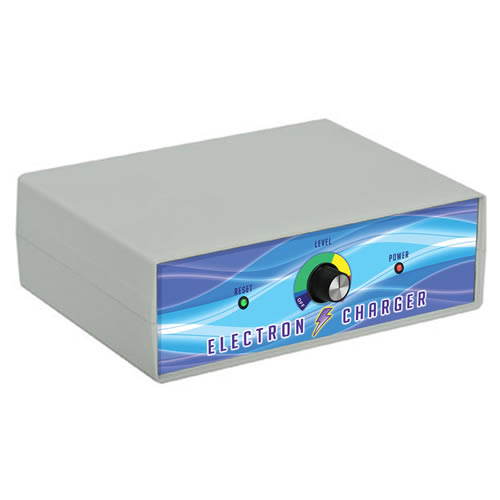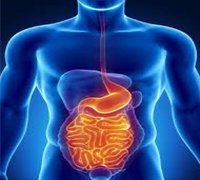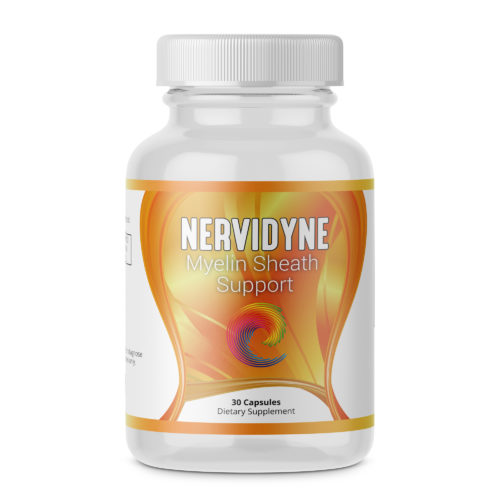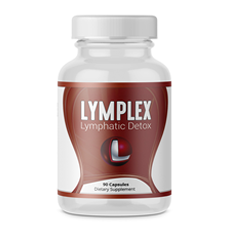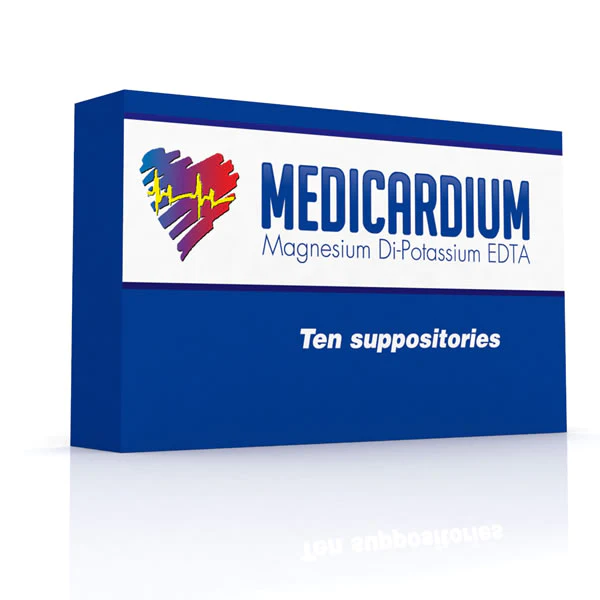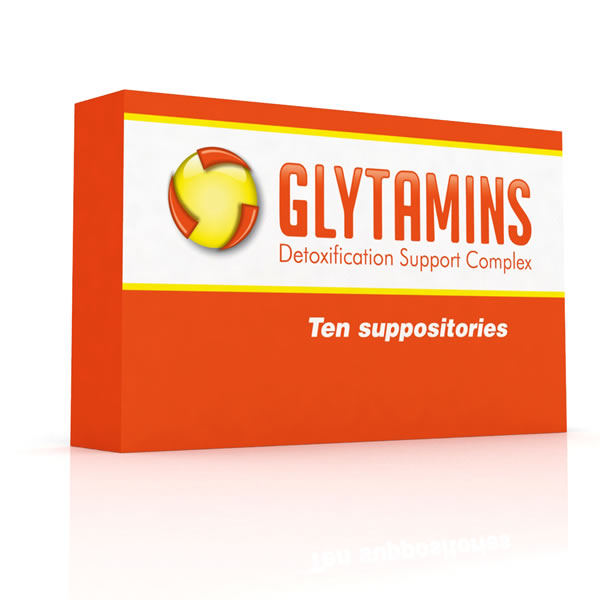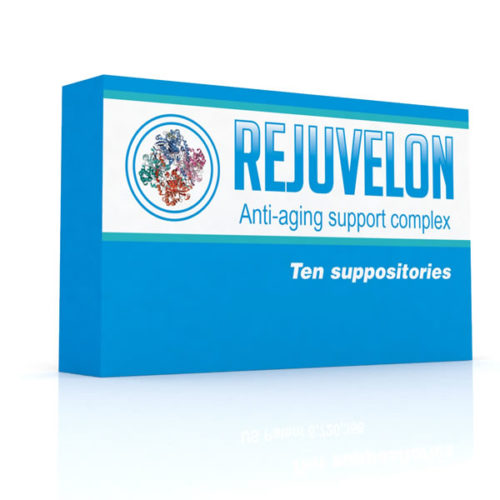Zoiben: Parasite / Biofilm D
$89.00
Ingredients:
- Clove
- oregano and thyme oils
- with steam distilled pine resin extract
- berberine
- gentian and Vit E in a base of organic pumpkin seed oil
Protocols
- Acute phase: Take one teaspoon of Zoiben a day for three days. Make sure to stay hydrated (drink water) for these three days. TEASPOON, not tablespoon.
- Maintenance phase: 3 drops with every meal. We do not supply droppers as the essential oils may break down the rubber of the dropper during transit.
- Dental use: Mix 1 tsp of Zoiben with 2 tsp of sesame or coconut oil and swish around your mouth and between your teeth for 15 minutes, then spit out. Zoiben may stain skin (temporarily) or teeth (long term).
98 in stock
- SIBO
- Biofilms
- Parasites
- Yeast
- Epigenetics and hormetics
- Weight Loss
- Food Carvings
- Detox Reactions
- Insulin Sensitivity
- Mood Disorders
- Protocols
 The small intestine is often colonized with bacteria that produce hydrogen, hydrogen sulfide and methane. When this condition is advanced, it is called SIBO (small intestine bacterial overgrowth), but most people have some degree of it, even if it isn’t clinical. Bitters, polyphenols, tannins and essential oils may support the body in suppressing and/or killing these bad bacteria.
The small intestine is often colonized with bacteria that produce hydrogen, hydrogen sulfide and methane. When this condition is advanced, it is called SIBO (small intestine bacterial overgrowth), but most people have some degree of it, even if it isn’t clinical. Bitters, polyphenols, tannins and essential oils may support the body in suppressing and/or killing these bad bacteria.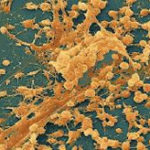 90% of all infections are biofilm infections. Biofilms have transport systems for food and water, create nanowires that act like a microbial nervous system, have tiny appendages called pili that they use to attach to our tissues and send up giant towers with fruiting bodies that launch pieces off to start new biofilms elsewhere in our bodies. White blood cells get stuck in biofilm so our immune system can’t fight them. Once in a biofilm, it takes a 5000X greater concentration of antibiotics to kill an infection. Biofilms are worthy adversaries but they do have a weak spot…
90% of all infections are biofilm infections. Biofilms have transport systems for food and water, create nanowires that act like a microbial nervous system, have tiny appendages called pili that they use to attach to our tissues and send up giant towers with fruiting bodies that launch pieces off to start new biofilms elsewhere in our bodies. White blood cells get stuck in biofilm so our immune system can’t fight them. Once in a biofilm, it takes a 5000X greater concentration of antibiotics to kill an infection. Biofilms are worthy adversaries but they do have a weak spot…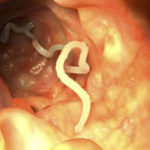 Parasites and their eggs are in the foods we eat and the water we drink. We do not live in a sterile environment and never will. Plants have excellent anti-parasitic defenses. Because of this, animals have learned to seek out and eat bitter and aromatic plants (those that contain essential oils) that are anti-parasitic in order to rid themselves of parasitic infections. Zoiben contains 6 different essential oils as well as the bitter herb extract berberine, all of which are known for their effects on parasites and lack of toxicity to us.
Parasites and their eggs are in the foods we eat and the water we drink. We do not live in a sterile environment and never will. Plants have excellent anti-parasitic defenses. Because of this, animals have learned to seek out and eat bitter and aromatic plants (those that contain essential oils) that are anti-parasitic in order to rid themselves of parasitic infections. Zoiben contains 6 different essential oils as well as the bitter herb extract berberine, all of which are known for their effects on parasites and lack of toxicity to us. Fungi are also parasitic. They live on the same food sources as parasites (glutamine and sugar) and have the same weaknesses. If you have a white coating on your tongue, that may be candida. Every bite of food we eat that is not right out of the oven or frying pan has millions of candida spores on it waiting for the right environment to grow in.
Fungi are also parasitic. They live on the same food sources as parasites (glutamine and sugar) and have the same weaknesses. If you have a white coating on your tongue, that may be candida. Every bite of food we eat that is not right out of the oven or frying pan has millions of candida spores on it waiting for the right environment to grow in. Epigenetics is the study of how external triggers can control which genes are silenced and which are activated. Hormetics are those beneficial and necessary stressors that positively affect our epigenetics. We evolved eating bitter compounds as a hormetic stressor, but modern agriculture has removed bitter compounds from our diets. Zoiben may play a part in epigenetically supporting our detox and immune responses.
Epigenetics is the study of how external triggers can control which genes are silenced and which are activated. Hormetics are those beneficial and necessary stressors that positively affect our epigenetics. We evolved eating bitter compounds as a hormetic stressor, but modern agriculture has removed bitter compounds from our diets. Zoiben may play a part in epigenetically supporting our detox and immune responses. There are three ways we feel satisfied after a meal. Increased blood sugar, stomach distension and bitter flavors. Without bitter flavors, we keep eating until either our blood sugar rises or our stomachs stretch from the sheer mass of food we eat. This means in order to feel satisfied, we need to either eat sweets or overeat. Zoiben contains berberine and gentian, two very bitter anti-parasitic agents. If you find that no matter how much you eat, you are still unsatisfied, take a single drop of Zoiben before meals. Initially it will increase your hunger as your digestion is improved, but afterwards you may find that bitters satisfy your hunger as you finish your meal.
There are three ways we feel satisfied after a meal. Increased blood sugar, stomach distension and bitter flavors. Without bitter flavors, we keep eating until either our blood sugar rises or our stomachs stretch from the sheer mass of food we eat. This means in order to feel satisfied, we need to either eat sweets or overeat. Zoiben contains berberine and gentian, two very bitter anti-parasitic agents. If you find that no matter how much you eat, you are still unsatisfied, take a single drop of Zoiben before meals. Initially it will increase your hunger as your digestion is improved, but afterwards you may find that bitters satisfy your hunger as you finish your meal. Parasites (as well as biofilms, candida and pathological cells) are simple primitive lifeforms, relying on the amino acids glutamine and glutamate to construct themselves and sugar for energy. Glutamate is savory and sugar is sweet. Parasites manipulate our brains into making us crave what feeds them and dislike what kills them. This is why we crave sweet and savory foods but dislike bitter foods. While limiting glutamate (msg, soy sauce…) and sugar is a good idea we cannot completely eliminate sugar or glutamine since our bodies produce them internally. A decrease in the desire for sweet and savory foods is an excellent indication that Zoiben is working for you.
Parasites (as well as biofilms, candida and pathological cells) are simple primitive lifeforms, relying on the amino acids glutamine and glutamate to construct themselves and sugar for energy. Glutamate is savory and sugar is sweet. Parasites manipulate our brains into making us crave what feeds them and dislike what kills them. This is why we crave sweet and savory foods but dislike bitter foods. While limiting glutamate (msg, soy sauce…) and sugar is a good idea we cannot completely eliminate sugar or glutamine since our bodies produce them internally. A decrease in the desire for sweet and savory foods is an excellent indication that Zoiben is working for you.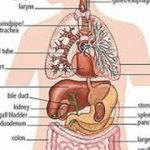 While most parasites can make their homes in our intestines, some migrate to other parts of our bodies. If you feel odd sensations after taking Zoiben, it may be an allergic reaction (some people are sensitive to clove oil), but it may also be parasites dying in those body parts.
While most parasites can make their homes in our intestines, some migrate to other parts of our bodies. If you feel odd sensations after taking Zoiben, it may be an allergic reaction (some people are sensitive to clove oil), but it may also be parasites dying in those body parts.
- Tapeworms: Brain tissue
- Roundworms: Muscles of the eyes, jaw, neck, lower back and heart
- Hookworms: Skin
- Heartworms: Lung
- Lungworms: Brain
- Spirchetes: Systemic
- Flukes: Liver, eyeballs and bloodstream
- Flatworms: Veins
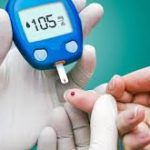 As we age, and with poor diet, our cells become less and less sensitive to insulin. It’s been said that if we live long enough we will all become diabetic. Bitter tastes may support the body in having a healthy response to insulin.
As we age, and with poor diet, our cells become less and less sensitive to insulin. It’s been said that if we live long enough we will all become diabetic. Bitter tastes may support the body in having a healthy response to insulin. Parasites affect the brains of their hosts making them engage in behaviors that increase their transmission. If a parasite has evolved to affect a specific animal in a certain way and we become exposed to it, it can have bizarre effects on our moods. It is a sobering thought to think that many of the people suffering from what they believe are mood disorders are in fact dealing with a parasitic infection.
Parasites affect the brains of their hosts making them engage in behaviors that increase their transmission. If a parasite has evolved to affect a specific animal in a certain way and we become exposed to it, it can have bizarre effects on our moods. It is a sobering thought to think that many of the people suffering from what they believe are mood disorders are in fact dealing with a parasitic infection.- Acute phase: Take one teaspoon of Zoiben a day for three days. Make sure to stay hydrated (drink water) for these three days. TEASPOON, not tablespoon.
- Maintenance phase: 3 drops with every meal. We do not supply droppers as the essential oils may break down the rubber of the dropper during transit.
- Dental use: Mix 1 tsp of Zoiben with 2 tsp of sesame or coconut oil and swish around your mouth and between your teeth for 15 minutes, then spit out. Zoiben may stain skin (temporarily) or teeth (long term).
